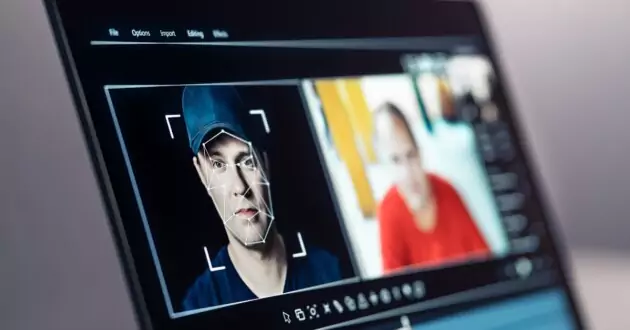
Hong Kong law enforcement has arrested 31 individuals accused of running a fraudulent operation that used deepfake technology, The Star reports.
The suspects allegedly lured victims by posing as romantic interests and promoting high-yield investment schemes, collecting over HKD 34 million (~USD 4.37 million).
According to the Commercial Crime Bureau of the Hong Kong Police, the group rented two units in adjacent industrial buildings to carry out elaborate scams involving fake images of “attractive women” found online.
Operating in two shifts, the syndicate drew in young people with promises of quick earnings through successful cons.
“New recruits were taught to use various dating apps to identify targets—usually based in Taiwan or Southeast Asian regions such as Singapore and Malaysia,” the police explained.
The scammers used AI tools to forge their identities and lure victims into “romantic relationships” before persuading them to invest in a fictitious overseas digital asset platform.
A typical profile in these dating apps would show an appealing persona, a lavish lifestyle, and photos taken at major crypto conferences.
Sometimes, the fraudsters connected with victims via video calls, using deepfake technology to alter their faces in real time.
During the raids, officers confiscated cash, designer items, and luxury watches. Most of those apprehended claimed to be unemployed, while some were students.
However, five members of the syndicate face conspiracy to commit fraud charges. They will appear in court on January 6, while the others have been released on bail.
In October 2024, Hong Kong authorities uncovered a similar scam. Police are investigating possible links between the two cases.
Context
- In September, CertiK cautioned that AI-driven attacks and deepfakes—targeting not only video and audio but potentially crypto wallets—have become more widespread.








 Cryptol – your source for the latest news on cryptocurrencies, information technology, and decentralized solutions. Stay informed about the latest trends in the digital world.
Cryptol – your source for the latest news on cryptocurrencies, information technology, and decentralized solutions. Stay informed about the latest trends in the digital world.